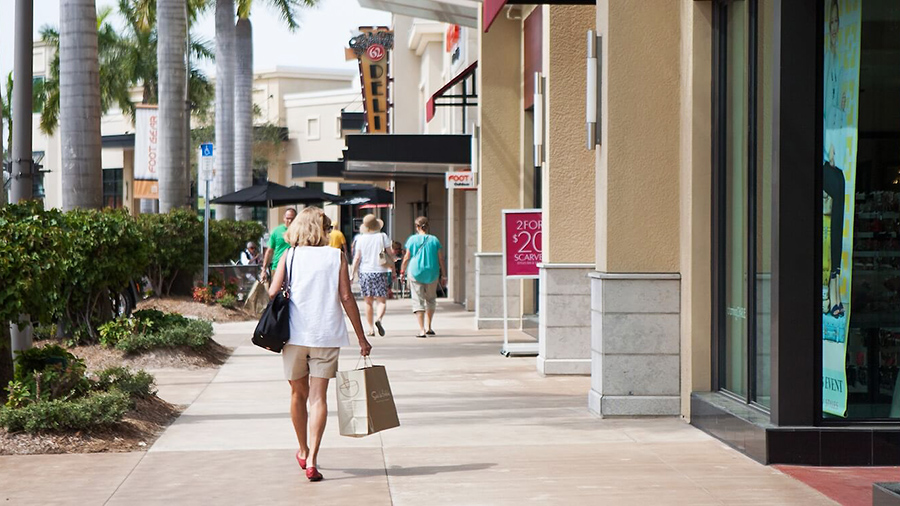According to Mastercard SpendingPulse, U.S. retail sales, excluding automobiles, were up 8.8 percent year-over-year in January. E-commerce sales were up 8.4 percent year-over-year, while in-store sales were up 8.9 percent year-over-year.
“Consumer spending remains resilient in the first few weeks of 2023,” said Steve Sadove, Mastercard senior advisor and former CEO of Saks, Inc. “Mastercard SpendingPulse insights show that the overall retail story remains largely positive with January posting a solid month of growth across the country.”
At a national level, key retail trends from January include:
- Restaurant Sector Shows Strength: Coming off the holidays and with a strong year of growth in 2022, restaurant spending was up 24.2 percent year-over-year; this remains consistent with trends the reporting agency saw during the holidays and a broader shift of consumer spending on services.
- Jewelry Sector Experiences Growth: After nine months of stagnant growth, Jewelry growth was up 6.5 percent year-over-year, potentially reflecting early Valentine’s Day shopping.
- Housing-Related Sector Soften: Resulting from a decline in home sales in 2022, Furniture and Furnishings (-1.2 percent year-over-year) continued to show softened growth, with projects limited to home improvement rather than new builds.
“The primary factor driving spending decisions is income, not just income today but the expectation for income tomorrow,” said Michelle Meyer, North America chief economist, Mastercard Economics Institute. “The strength in the labor market remains a critical support for consumer purchasing power, and we’re seeing this reflected in our SpendingPulse insights for January.”
Mastercard SpendingPulse reflects nominal spending and is not adjusted for inflation. Mastercard SpendingPulse measures in-store and online retail sales across all forms of payment.














